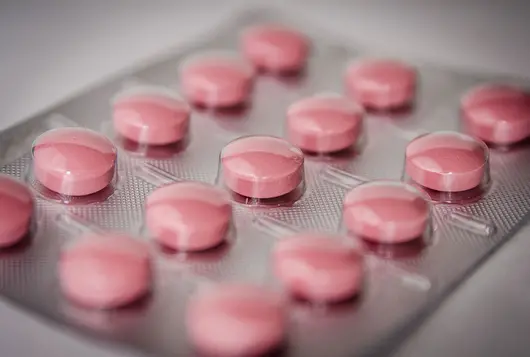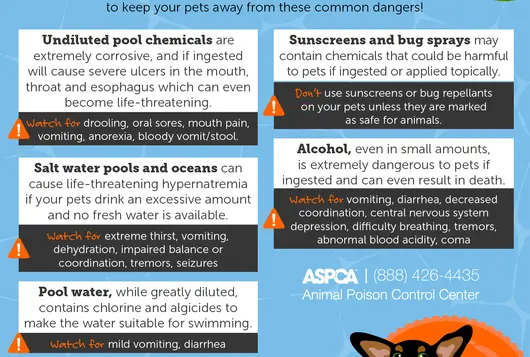4 Harmful Thanksgiving Foods for Pets

Thanksgiving is a time of gratitude—and indulgence. With all the extra food and chaos this time of year, it’s important to be prepared to treat pets for common foods served around the holidays. Here are some helpful tips from the ASPCA Animal Poison Control Center for diagnosis and treatment of common Thanksgiving pet poisons.
Onions and garlic: These common vegetables are prevalent in holiday casseroles, stuffing, mashed potatoes and many other items, and can be toxic to pets. They belong to the Allium family and can cause oxidative damage to the red blood cells in cats and dogs, leading to anemia and methemoglobinemia. Cats are much more sensitive than dogs—it takes roughly half the amount of garlic to cause hemolytic anemia in a cat compared to a dog. Inducing emesis may be necessary if a patient has ingested a large amount of onions or garlic--and it’s important to be ready to give a dose of activated charcoal and monitor a CBC for five days. If the patient develops hemolytic anemia, IV fluids, antioxidants and, on rare occasions, blood transfusions may be needed.
Animal bones: Cooked animal bones tend to splinter, so there is risk for esophageal damage if emesis is induced. Therefore, it is recommended to increase the fiber in the patient’s diet and monitor the passage of bones through the gastrointestinal tract. If a foreign body does develop, surgery may be required.
Bouillon: Many people use bouillon cubes when making stocks, gravy and other items. Bouillon contains a very high amount of sodium and ingestion of these cubes may lead to hypernatremia. Signs of hypernatremia include gastrointestinal upset, polydipsia, ataxia, tremors and seizures. If untreated, these patients can develop cerebral edema that can be fatal. If a patient is hypernatremic, it’s important to reduce the sodium level quickly if the hypernatremia has developed within the last 24 hours. Intravenous fluid therapy, oral water and water enemas are all helpful in bringing down the sodium level. Charcoal is contraindicated in these patients because it can cause the sodium level to rise even more. Electrolytes will need to be monitored closely and treatment should continue until the sodium level is mid-range normal.
Baked goods: Pumpkin pie with whipped cream and apple pie with ice cream are all classics during this time of year and can lead to pancreatitis if ingested. Treatment is typically symptomatic and supportive with these patients. Baked goods made with xylitol can cause hypoglycemia, possibly resulting in liver failure. If the patient was exposed to xylitol, carefully monitoring blood glucose levels is key. If the patient ingested a hepatotoxic dose of xylitol, be sure to monitor liver values and start dextrose and liver protection. With elevated liver values, there is an increased risk for coagulopathy, so clotting times should also be monitored.
Call the ASPCA Animal Poison Control Center at 888-426-4435 for additional assistance anytime, 24/7.
We have lots more on this subject:




